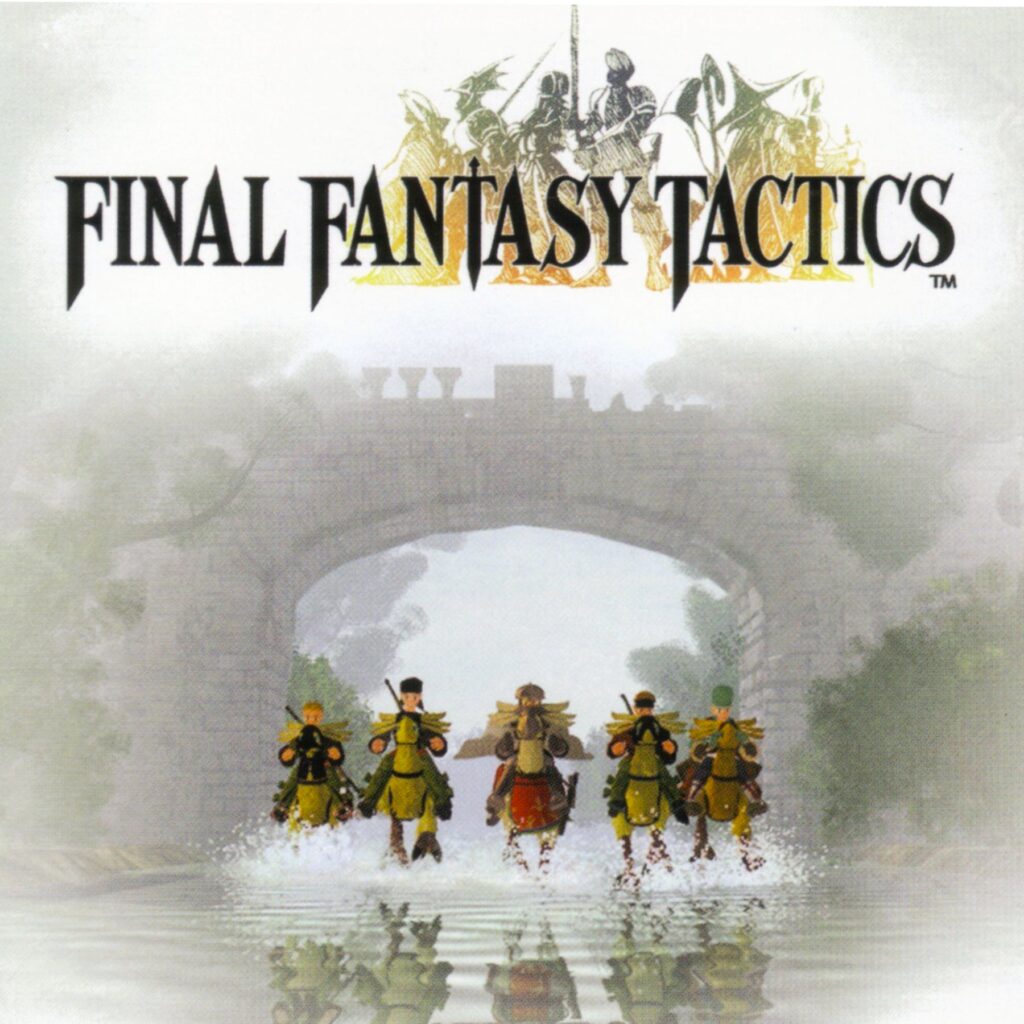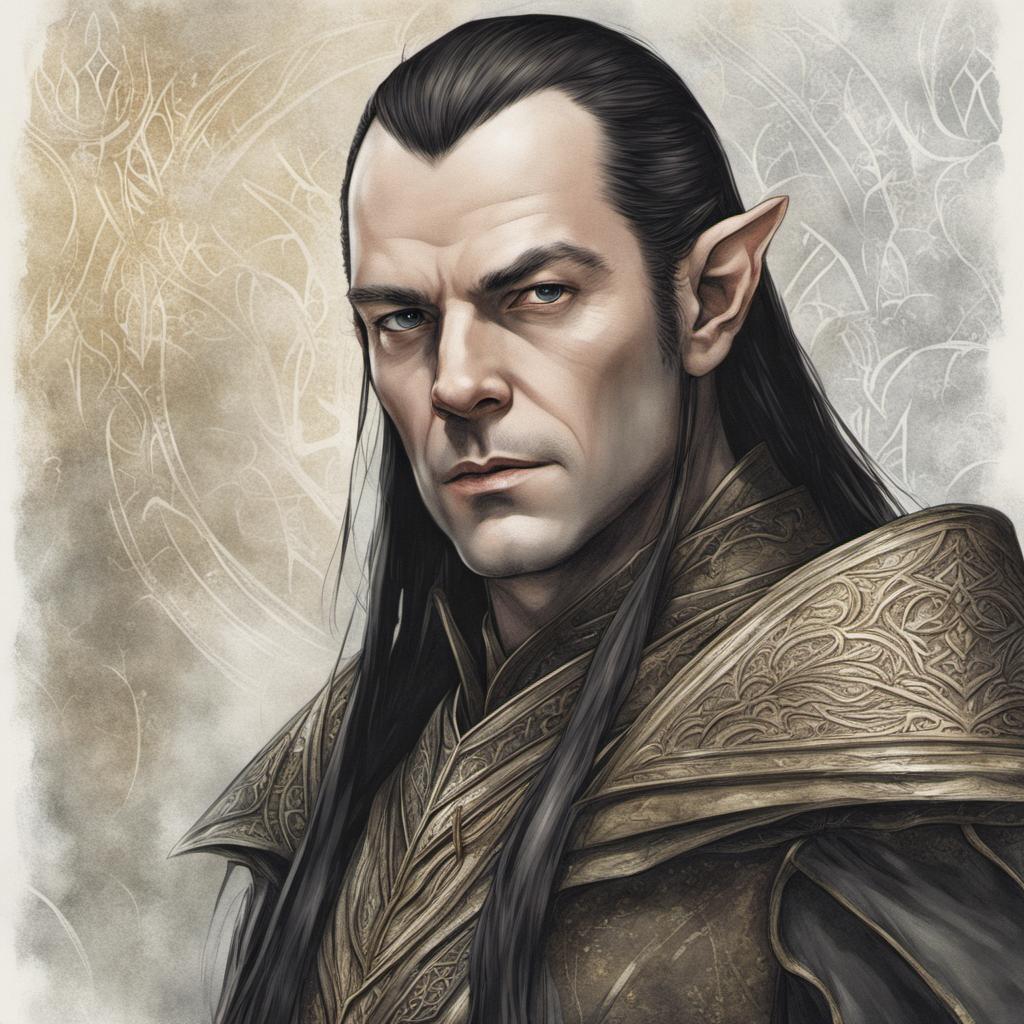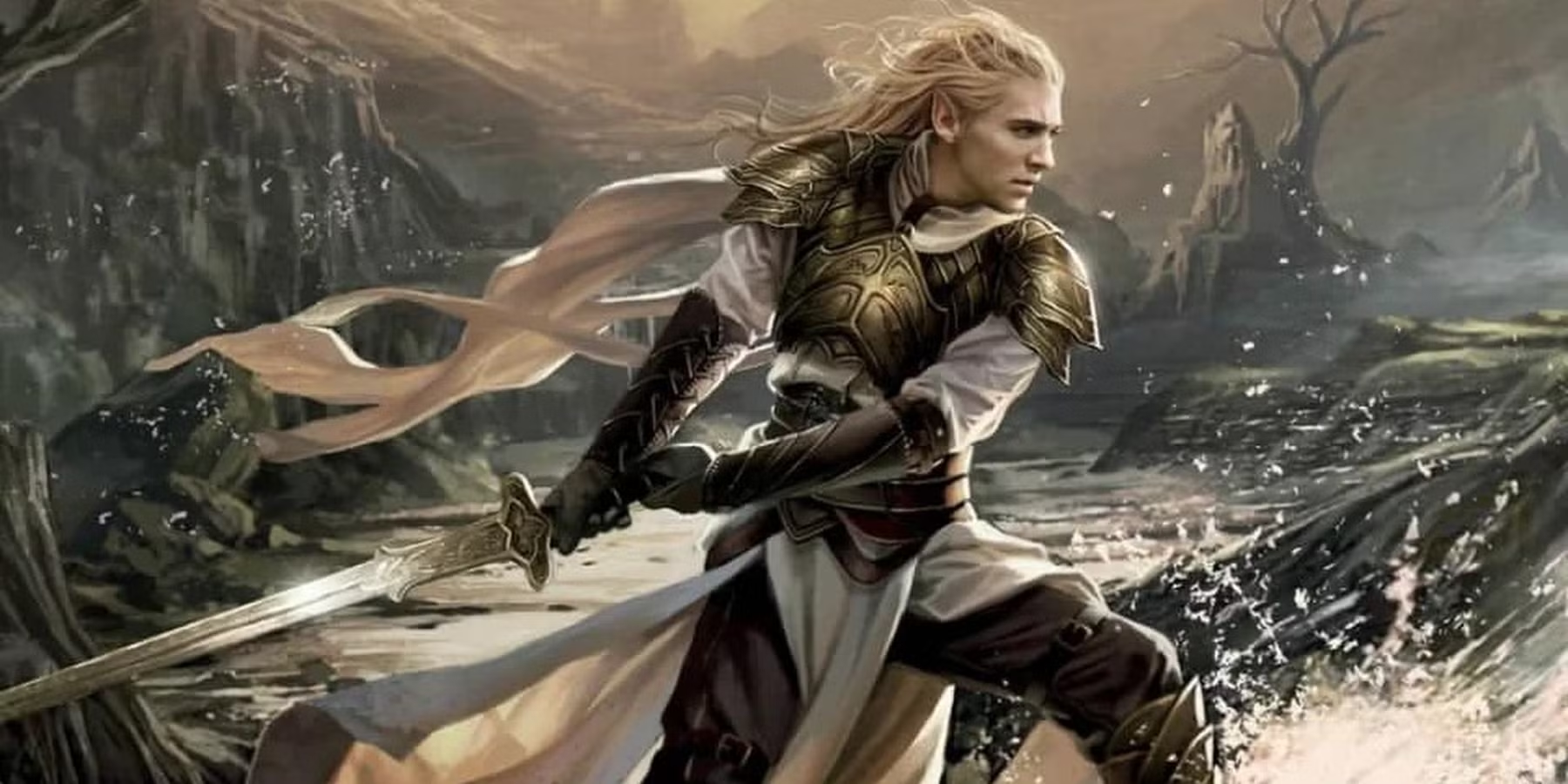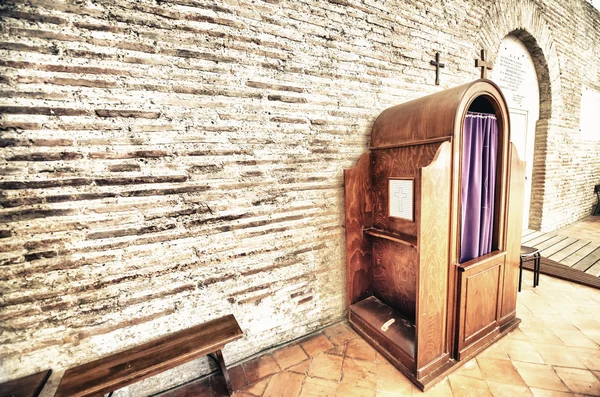For more than two decades, Final Fantasy Tactics (FFT) has remained the gold standard for tactical RPG combat and job system design. Released in 1997 for the PlayStation, the game masterfully combined deep strategic gameplay, an engaging class system, and a compelling political narrative. While many games have attempted to replicate its success, none have truly surpassed the complexity, balance, and depth that FFT brought to the genre.
The Pinnacle of Tactical Combat
FFT’s grid-based combat was revolutionary, offering a level of depth and complexity that few games have matched. Every battle required careful consideration of unit placement, terrain elevation, and turn order. Unlike other RPGs where stats and levels often dictated the outcome, FFT demanded strategy and foresight. The Charge Time (CT) system ensured that spell casting and skill execution required precise timing, preventing brute-force tactics and encouraging thoughtful play.
What made FFT’s combat so unique was its balance between challenge and flexibility. Players had to consider movement, positioning, and enemy AI behavior, while also managing MP conservation, status effects, and the ever-present risk of perma-death. Story battles like Wiegraf’s infamous duel or the showdown against Belias pushed players to the limit, reinforcing the importance of preparation and adaptability.
The Gold Standard of Character Progression: The Job System
FFT’s job system remains one of the most well-crafted character progression systems in gaming history. Building upon the foundation set by Final Fantasy III and Final Fantasy V, FFT refined the concept to near perfection. The game featured over 20 different jobs, ranging from traditional classes like Knights and Wizards to more advanced and unique roles like Samurai, Calculator, and Mime.
The brilliance of FFT’s job system lay in its flexibility. Players could mix and match abilities, creating unique hybrid characters tailored to their strategies. A Knight with White Magic? A Ninja with the ability to use Lances? A Chemist that could cast Time Magic? The possibilities were nearly endless.
Unlike many modern RPGs that streamline progression to make it more accessible, FFT rewarded players who invested time into experimenting with different job combinations. Unlocking new classes felt like an achievement, and mastering a job provided a tangible sense of growth and accomplishment.
The Narrative’s Influence on Gameplay
Beyond its stellar gameplay, FFT’s narrative intertwined seamlessly with its mechanics. The game’s political intrigue and complex character arcs mirrored the weight of its battles. Units weren’t just disposable characters—they had histories, allegiances, and personal stakes in the conflict. The fact that certain story battles forced players into seemingly impossible situations (like Ramza’s duel with Wiegraf) made the tactical preparation all the more vital.
The job system also enhanced world-building, with class-based distinctions reinforcing the lore of Ivalice. The presence of Holy Knights, Assassins, and Temple Knights wasn’t just for gameplay variety; they served as reflections of the world’s feudal structure and its deeply ingrained power struggles.
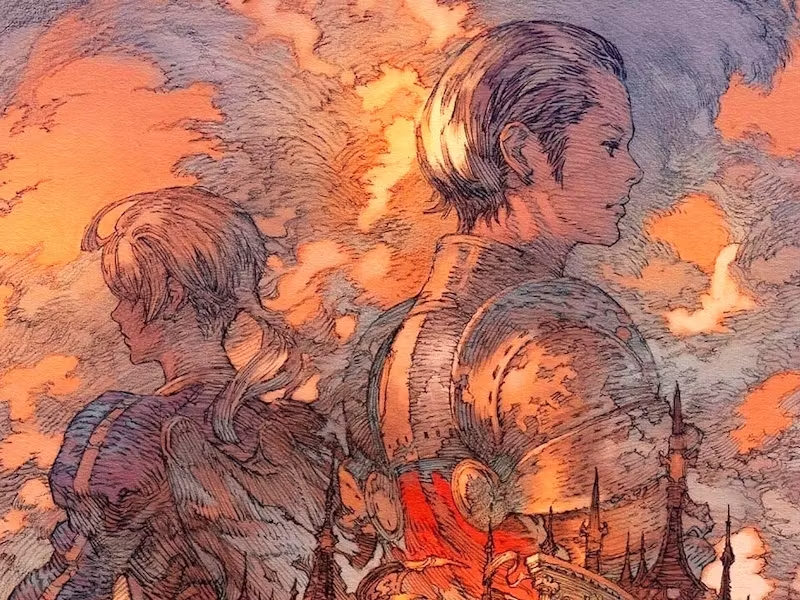
Why No Other Game Has Surpassed FFT
Despite numerous tactical RPGs released since 1997, none have quite reached the same level of excellence. Games like Tactics Ogre: Let Us Cling Together (originally released in 1995 but remade later), Disgaea, Triangle Strategy, and even modern Fire Emblem entries have all been compared to FFT, yet they often fall short in key areas:
- Fire Emblem games prioritize accessibility over deep job customization.
- Disgaea offers complexity but leans into exaggerated mechanics and grinding over tight strategic combat.
- Triangle Strategy focuses heavily on narrative choices but lacks FFT’s extensive class variety and customization.
- Tactics Ogre Reborn comes closest, but its job system and AI design still feel more rigid than FFT’s fluidity.
Another issue is the trend in modern gaming to streamline mechanics for broader appeal. While this approach makes games more accessible, it also strips away the rewarding depth that FFT thrived on. Instead of intricate class mastery and deep battle tactics, many modern TRPGs opt for simplified, linear progression paths that reduce strategic variety.
The Legacy of a Timeless Masterpiece
FFT remains not only a pinnacle of tactical RPG design but also a testament to the enduring power of complex, rewarding game mechanics. The demand for a true successor or a faithful remake continues to grow, yet Square Enix has only teased fans with spin-offs (Final Fantasy Tactics Advance, War of the Lions remaster) rather than delivering a full-fledged new entry.
For those who have played it, FFT isn’t just a game—it’s an experience that reshaped the way we think about strategy RPGs. It’s a title that proves deep mechanics and engaging storytelling can coexist without compromise. Until another game surpasses it, Final Fantasy Tactics remains the undisputed champion of tactical RPG design.
How useful was this post?
Click on a star to rate it!
Average rating / 5. Vote count:
No votes so far! Be the first to rate this post.
Author
-
Quintin Branecki is a multi-talented individual with a passion for music, website design, and competitive gaming. His dedication to mastering Street Fighter 6 and his rising success in the professional gaming scene is impressive. As a valued web developer and designer at ThreeSphere, Quintin brings a wealth of expertise in creating visually stunning and highly functional websites. His background in music and creative arts provides a unique perspective on blending technology with creativity. Quintin's diverse skill set and experiences enrich the Info Futura Feed team, making him an invaluable asset in the realms of web development and the gaming community.
View all posts

